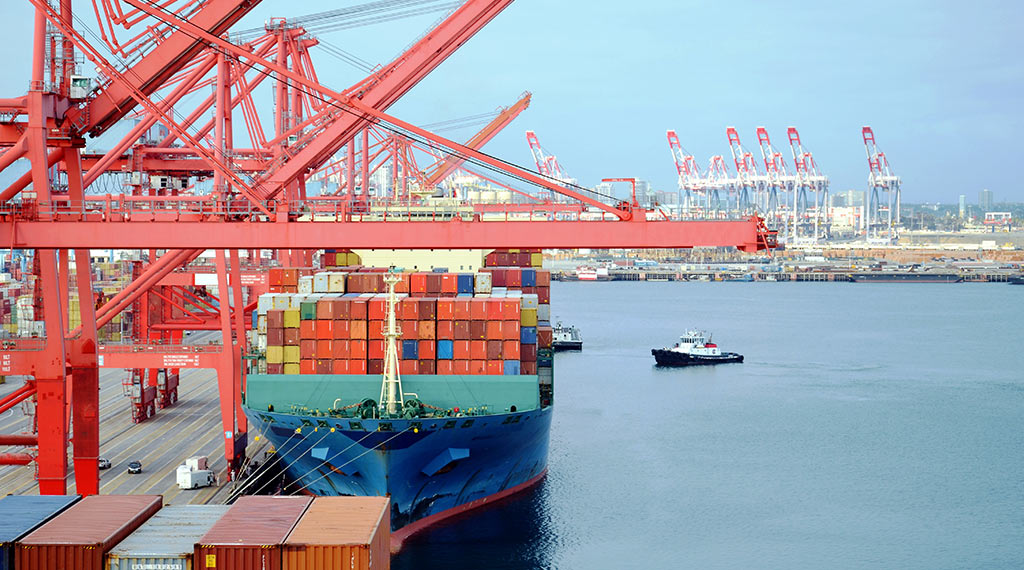‘Block the boat’ is a wake-up call to prioritize US port security

Over the last month, the anti-Israel boycott, divestment and sanctions (BDS) movement has formed a new offensive in West Coast ports such as Oakland and Seattle. The “Block the Boat” initiative organizes protests to block or disrupt shipments that organizers designate as affiliated with Israel, focused primarily to date on the Israeli shipping giant ZIM, despite the fact that as a publicly traded company, ZIM no longer has a formal affiliation with the government of Israel. Block the Boat has already managed to turn away one ZIM ship and delay operations for several others, revealing larger weaknesses in our port security that must be addressed before a local, limited nuisance becomes a national supply-chain crisis.
Emboldened by the recent outburst of noxious anti-Semitism in America following the violence between Israel and Hamas in Gaza last month, Block the Boat was able to exploit a complicated mix of factors, such as nebulous jurisdiction over our ports and the interest that certain longshoreman’s unions have in improving their bargaining position ahead of upcoming contract negotiations. The organizers of Block the Boat chose their moment well—after some initial stumbles in the first half of 2020, the economy has been regaining steam, but a surge of import demand overwhelmed our highly centralized logistics infrastructure. Today, our ports are in a fragile state due to constrained ocean vessel, rail and truck capacity. Gluts of key goods currently can’t be moved expeditiously. As the system threatens to buckle under the weight of increased demand, the disruption of a single ship can have a disproportionate impact on the larger system, making the Block the Boat effort particularly dangerous at this time.
Confusion over responsibility for the security of ocean ports is a poorly understood gray area for law enforcement. The optimal solution is to treat the ocean ports as interdependent nodes in our nation’s infrastructure, rather than as independent assets under local jurisdictions. Every port is an indispensable commercial gateway to a multi-state zone. Due to vessel-sharing alliances, multi-port labor unions and the essential connection between international shipping and our economy, the blockade of any port has many knock-on effects for thousands of stakeholders and millions of dollars in interstate commerce.
- When David Met Lisa - December 20, 2021
- Why the United States, not China, needs to shape Middle East policy - December 20, 2021
- Victoria Coates on the confusion in Natanz - December 10, 2021
